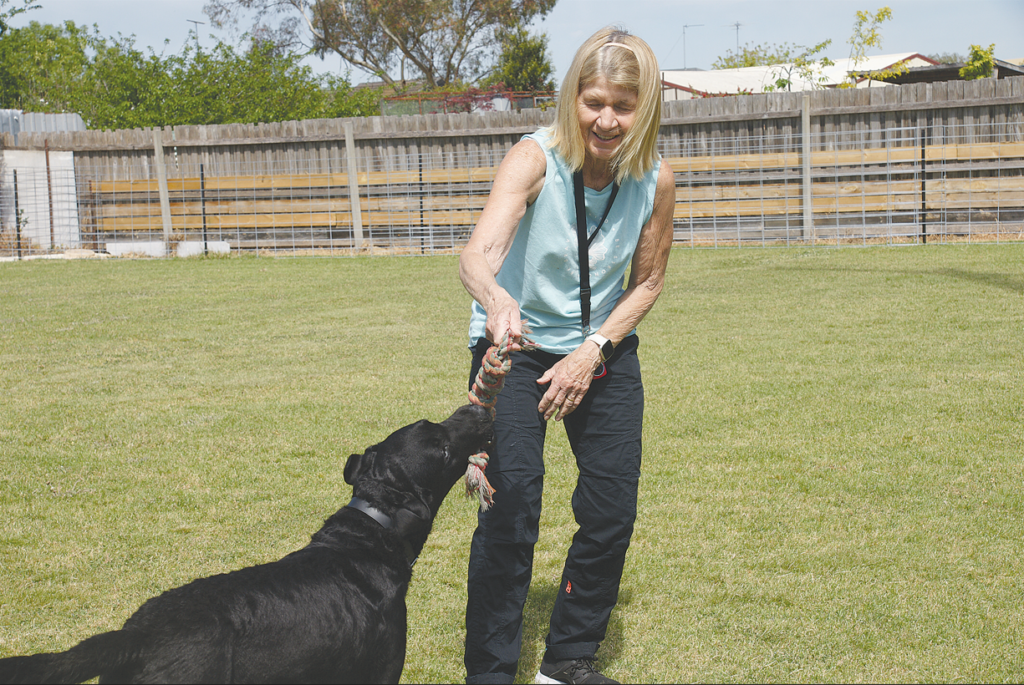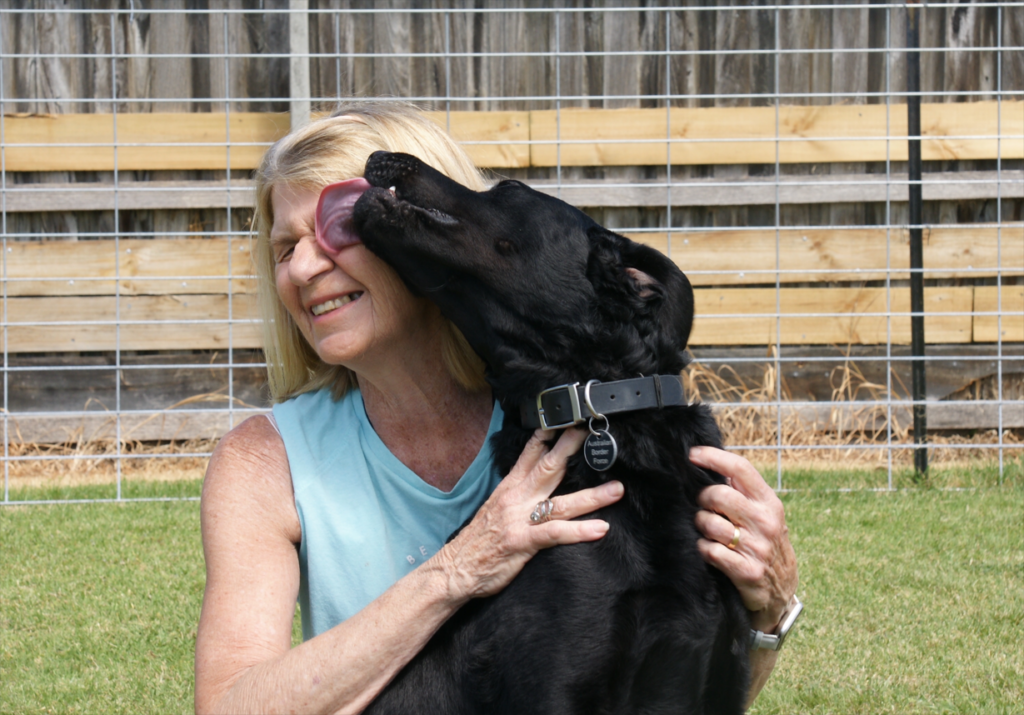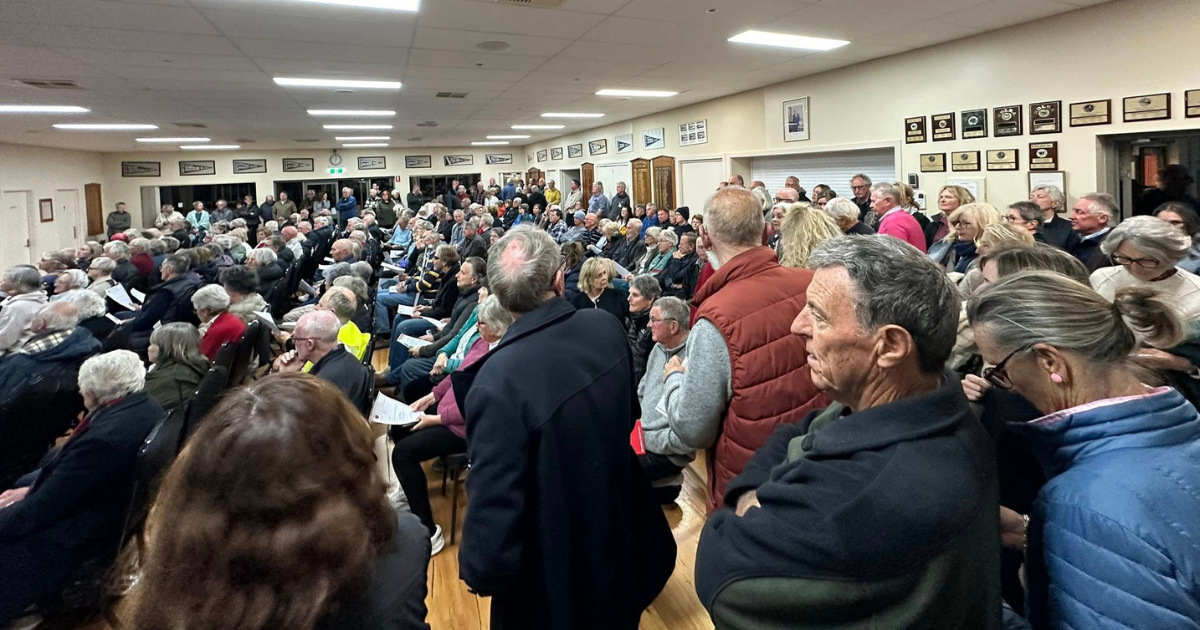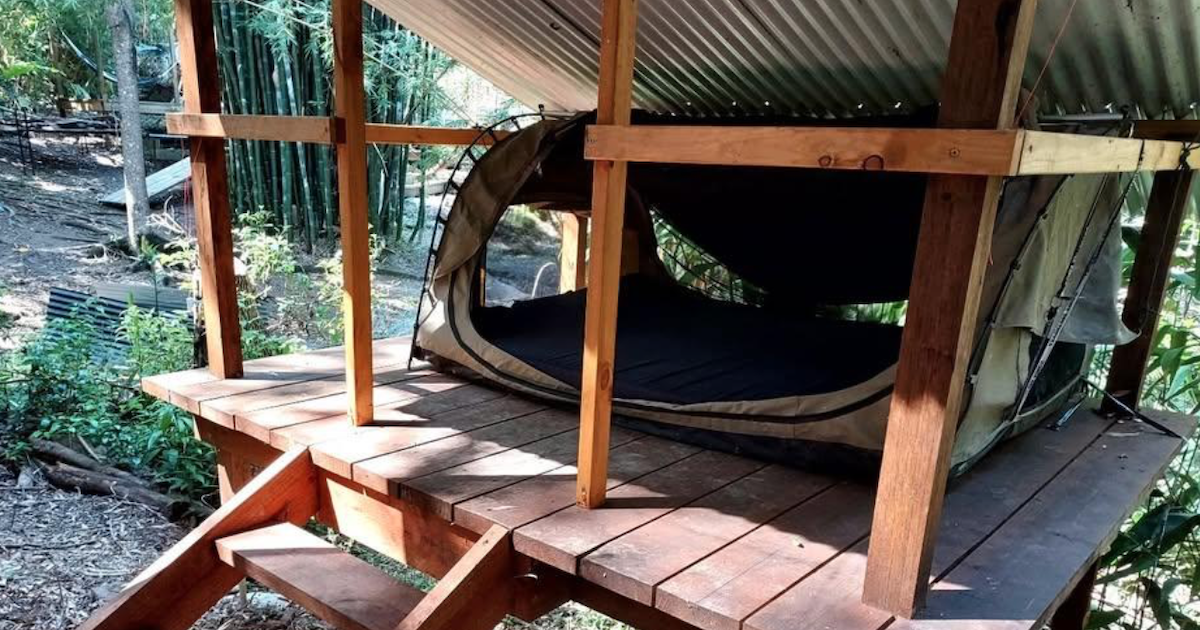Puppy love: Detector dogs in urgent need of foster homes

The program run by Australian Border Force breeds dogs for law enforcement agencies located both internationally and throughout Australia. Photos: ELLIE CLARINGBOLD
AS MANY as 70 future Australian Border Force (ABF) detector dogs are in desperate need of foster homes across the Greater Geelong region to help them prepare to become working dogs.
The ABF breeds approximately 160 puppies each year.
When they come of age, they begin working with law enforcement agencies operating both across Australia and internationally.
Those that stay with the ABF are trained to protect Australia’s borders by detecting a variety of different target odours, including narcotics, explosives, firearms and tobacco.
Grovedale resident Jan Tonkin has been a foster carer for the ABF since 2008.
In that time, she has looked after 13 full-time puppies, as well as an additional six dogs for brief periods when foster carers have been in short supply.
“I’m just so passionate about the program,” Ms Tonkin said.
“I love the pups, and the people involved in the foster caring are all lovely people.
“It’s just a really nice atmosphere to be in.”

Ms Tonkin’s present foster puppy, Kosta, is set to join the Singapore Police when he is ready to become a working dog at roughly 15-months of age.
“I’d have loved to have kept virtually all of them but I’m so very proud to say my dog’s gone to Singapore Police,” Ms Tonkin said.
“You know that’s what they’re meant to be.
“They’re bred to work and it wouldn’t be fair not to give them the opportunity.”
She said it was satisfying being part of a program that helps the community and encouraged others to consider fostering a detector dog of their own.
Amy Briggs, supervisor of foster care engagement at the ABF, said foster carers can come from “all walks of life”.
There are no restrictions on work hours or holidays, and foster carers can have another dog at home.

The ABF also provide education to foster carers and offer a 24/7 support service.
“We just basically want to find loving, secure homes for our pups so they can go out and be…exposed to the sights and smells of the world that will prepare them for when they become working dogs,” Ms Briggs said.
“We like them to have their own time and occupy themselves, but we do need them to do some key development activities and exercise every day, so it actually fits in really well with people’s work life and social life.”
Foster carers need to be able to walk the puppy at least once a day, take them out for up to three socialisation activities each week to build their confidence, and be available to attend ABF’s facility occasionally.
“Fosters carers are essentially the community protecting the community,” Ms Briggs said.
“We provide most equipment, all food and all veterinary care, so really what we’re asking for in foster carers is their time and effort in socialising the pups.”
To find out more, head to abf.gov.au/detectordogs

















